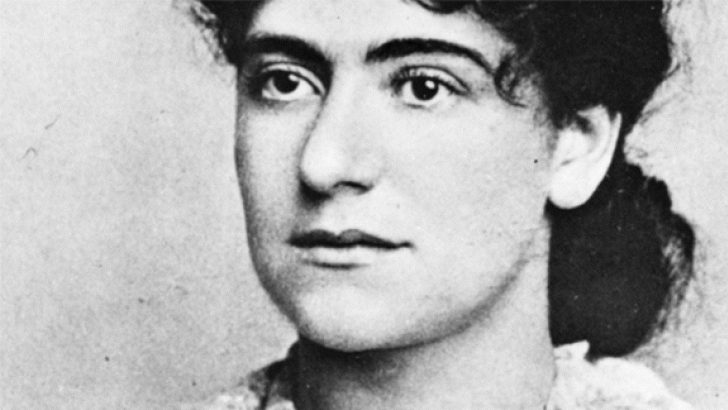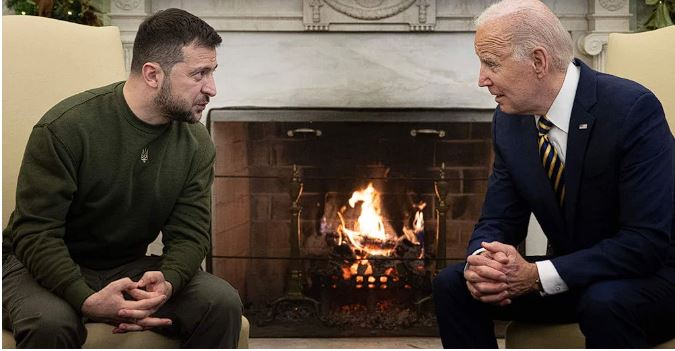
“The present week might not inaptly be called the week of strikes – coal men, match girls, parcels postmen, car men, rag, bone and paper porters and pickers and the employees in jam, biscuit, rope, iron, screw, clothing and railway workers have found some grievance, real and imaginary, and have followed the infectious example of coming out on strike.” – East London News editorial, 7 September 1890.
An upsurge of strike activity by some of the most downtrodden workers in industrialising 19th century London signalled the beginning of one of the most significant periods in English unionism and socialism.
Behind the scenes and on the stage – agitating, discussing, heckling and organising – was Eleanor Marx. She campaigned tirelessly for workers whom many in the traditional craft unions had considered un-organisable.
Eleanor, the youngest daughter of revolutionary activists and philosophers Jenny and Karl, was a brilliant and determined revolutionary figure in her own right. Born in 1855 in Soho, she was, as her biographer Rachel Holmes put it, “to the struggle born”.
Marx grew up breathing literature and politics. By age five, she had memorised lines from her favourite Shakespearean plays (she adored the bloodthirsty Richard III). When she was nine, she wrote to Abraham Lincoln, offering advice on the Union campaign in the US civil war.
“I remember, I felt absolutely convinced the Abraham Lincoln badly needed my advice as to the war, and long letters would I indite to him, all of which Moor had to read and post”, she later wrote in her memoirs. Moor here is her father, with whom she had an extremely close relationship.
At 14, Marx became passionate about the Irish question after visiting Manchester, where she had stayed with Friedrich Engels and his partner Lizzie Burns, who was active in the Irish emancipation movement. Marx immersed herself in the debates, and for years she signed her letters “Eleanor Marx (Fenian Sister)”.
Eleanor’s older sisters, Laura and Jennychen, also threw themselves into the international working class movement. They both married French socialists (of varying hues), and French politics was much discussed in the Marx household.
In 1871 came the momentous Paris Commune. Tens of thousands of Parisian workers erected barricades and began an experiment in workers’ control that would last just over a month. Eleanor and her sisters travelled to France to find Laura’s husband, the revolutionary Paul Lafargue, who had gone missing.
The sisters imbibed the revolutionary atmosphere and became more persuaded than ever of the possibility of socialism. They were, however, followed by Prussian secret agents unsettled by their presence in the country. The authorities imprisoned and interrogated them for three days. On release they fled back to England.
The effects of the Commune echoed through the following years of Eleanor’s life. The Marx household became a refuge for those fleeing the brutal suppression of Paris. Amongst these refugees was the radical journalist Prosper-Oliver Lissagaray.
He and Eleanor became engaged when she was 17. During their 10-year partnership they worked together on one of the first written chronicles of the Commune. Eleanor translated it into English and wrote an introduction. Lissagaray decided to move back to France in 1880 and their engagement ended amicably.
Between 1881 and 1883, tragedy struck. Her mother, father and sister (Jennychen) all died. But Eleanor maintained her political and intellectual engagement. She began translating her father’s work into English, and as side projects completed the first translation of Flaubert’s masterpiece Madame Bovary from French into English and learnt Norwegian so as to translate Ibsen’s play The Doll House.
In 1884, Marx was elected to the executive of the Social Democratic Federation (SDF). Around this time she met Edward Aveling, a socialist speaker and journalist, and they became lovers. Despite him being an unreconstructed cad, they maintained a significant political partnership almost till her death.
Together they wrote reviews and articles, and toured and gave lectures to the workers’ movement across Britain and in the USA. In 1886, she and Aveling wrote The Woman Question, which offered a socialist analysis of women’s oppression. In the pamphlet they make the case that capitalism and women’s oppression are intimately bound together and that working class revolution is the only genuine antidote.
Aveling and Marx played a key role in a split from the SDF and the establishment of the Socialist League. Central to this break was the question of internationalism – a core principle for Marx. She subsequently became an important figure in the establishment and functioning of the Second International.
From late 1888 onwards Marx threw herself into the East End workers’ struggle, becoming one of the founding members of the National Union of Gas-Workers and General Labourers. English historian E.P. Thomson describes her activities during this period:
“Much of her international work, not only for the large International but also for smaller conferences of miners and glass-workers, was tedious, backstage, and unrewarding: endless translations, much correspondence, interpreting and hosting of delegates. Her practical work among the profoundly exploited women of the East End remains to us as an example.”
After personal heartbreak and the decline of the political and industrial radicalisation of the early 1890s, Marx suffered a serious bout of depression. On 31 March 1898, she took her own life.
Despite such a sad and desperate act, Eleanor Marx’s legacy is profound. She was at once humble and magnificent, determined and empathetic – but most of all she lived and breathed the struggle to create a more humane, socialist world.
We should therefore conclude with a call to arms she made on May Day 1890 in front of tens of thousands of workers. In her characteristically blunt fashion she said:
“We must not be like some Christians who sin for six days and go to church on the seventh, but we must speak for the cause daily, and make the men and especially the women that we meet, come into the ranks to help us.”
source




Excellent
5